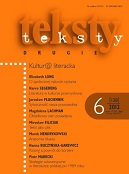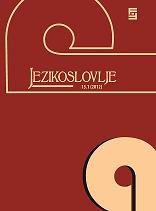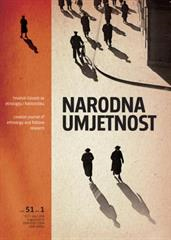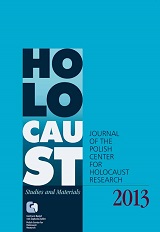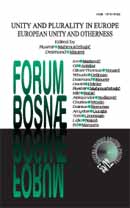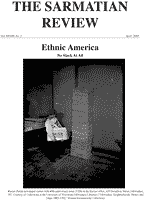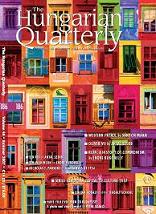
“A Satisfactory Combination in Every Respect…” The Spouse Selection Dilemmas of a Young Man of the Christian Middle Class at the Turn of the Century
“A Satisfactory Combination in Every Respect…” The Spouse Selection Dilemmas of a Young Man of the Christian Middle Class at the Turn of the Century
This case study looks at how a late nineteenth-century diarist from Hungary approached the problem of finding a wife. His system was to make lists of the ladies he met in various social circles, and appraise their potential benefits and drawbacks. In later life, he also left memoirs of his youth, although these make few references to the dilemmas he faced in choosing a wife. The literature on spouse selection focuses on the relative weights of socio-economic motives and “emotional-affective” conditions in courtship. How much did parents and relatives have a say in the choice, and how much did the decision rest on the young people’s individual will, or feelings of love? How much were the norms and the actual relationships differentiated by social class and gender? What was the balance between interests and emotions in the final outcome? Alajos Paikert (1866–1948), taken as a representative of the non-gentry middle class, did attempt to meet family expectations, but did not leave the choice to his parents. He wanted to find his future partner himself. The diary is a document of internal struggle, but is less concerned with feelings than with desires, possibilities and calculations. By bringing in other sources, however, the historian can try to work out what lay behind the words.
More...

